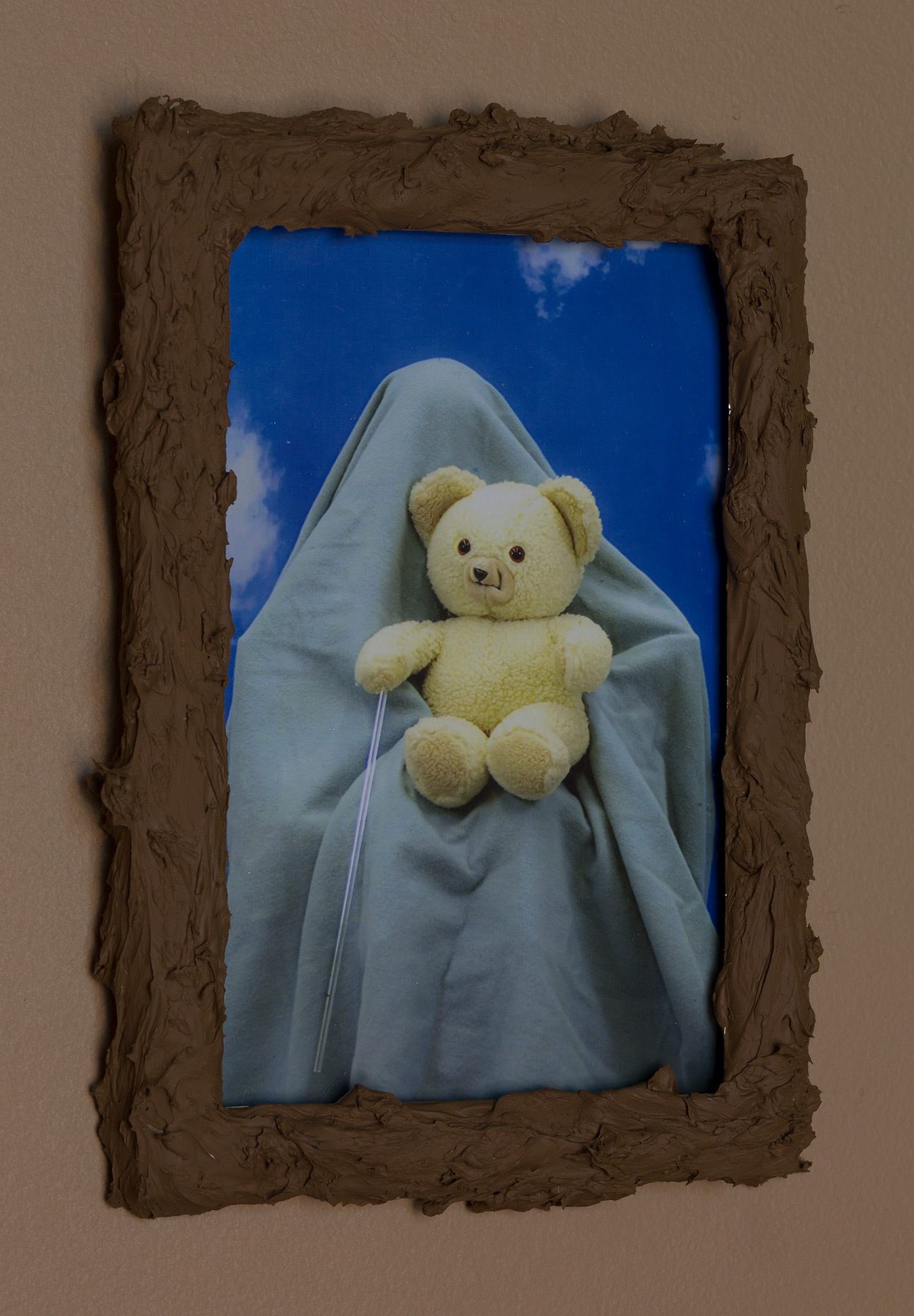The Ruling of the World
Bea Orlandi
Organized with Gabrielle Jensen
July 19 - August 11, 2019
@
King’s Leap
1329 Willoughby Avenue
Brooklyn NY 11237
A psychoanalyst asks a child patient to play with a teddy bear during their sessions, introducing the stuffed animal as Snuggle. Neither analyst nor patient has attachments to the toy, but both agree that it seems vaguely familiar. The girl imagines Snuggle falling through endless clouds, as she hurtles the bear into the air, then receives him in her arms. ”I wish he could fall forever,” she tells the analyst, “That way, he would always stay soft and wouldn’t get old. I would be there just in time to catch him before he hit the ground.” The analyst takes copious notes: Maggie*, born 2010 (2 years after the fiscal crisis began, by which the family was ambiguously affected). Child brought in for treatment after experiencing panic attacks, vertigo, memory loss, numbness in limbs, and compulsive consumption of laundry detergent. Father reads The Wall Street Journal aloud to Maggie, to improve her vocabulary. The news is played on the family television throughout the day. Child fixated on suspension, zero-gravity, falling, and climate disaster. Recounts dreams and memories through the bear. Maggie and Snuggle occasionally struggle with one another for who “gets to have” the speaking voice, or ontological supremacy. He interrupts her. She disciplines him. They drift into one another.
The analyst has a dream one night following a session with Maggie and Snuggle. She walks in the woods with her mother, who holds a bundle of wheat. The analyst is enchanted by a flower, but while inspecting it, the ground opens up beneath her feet. She falls towards the underworld, encountering a man sitting in a chair, who looks up at her from his Wall Street Journal and remarks, “After we defaulted on that subprime loan from Wells Fargo, we had to cut back. We’ve made the switch from Snuggle laundry detergent, owned by Unilever. Now, we’re a Tide Pods family (Procter and Gamble). Who knew derivative risk could come to this? This is the kind of scalability I’m talking about!” He tosses her a pomegranate and his skin rots away. She just keeps falling, past the man and the underworld, and then realizes she is in the clouds. She hears her mother scream, “Death of my daughter! Death of the earth! Wrought by the greed of men!” The temperature fluctuates between extreme heat and cold, hurricane winds blow, and fire
singes her hair. Dead plants float past her. She looks to her left and sees Maggie, who holds Snuggle. With an adult-like demeanor, the girl calmly states that, “the securitization of the economy was the securitization of a certain notion of life itself as contingency. Life will fail to pass from generation to generation, because life’s seasons feel unending, unbound. It’s about capacity now, the body is abstracted. Soon, the consumer won’t be needed either. ” Snuggle chimes in: “As children and dolls, we now aren’t the only beings plagued by this an-ontology of always existing as futures, in a condition of possibility. Oh, to be animated by belief! Here’s your youth, the potential and plasticity everyone aspires to. You can have it back.” The analyst notices that Maggie is gone. She looks down at her hand, suddenly child-sized, and realizes she’s holding the bear. I’m a lost girl, she thinks to herself. “You’re not a girl,” says the voice that Maggie uses when talking through Snuggle. The analyst’s arms now have soft fur and are stuck outstretched. “For ultimate huggability! Your anatomy is an invitation to be handled,” adds the voice. “But something is missing!” cries the analyst. No one answers her. Then her own voice surprises her— it sounds just like Maggie-as-Snuggle. “I guess that inherent to my cuteness and attachability is my lack. I can be everything when I am nothing!” She continues to fall, and realizes Maggie has related versions of this dream to her before.
During her next session with Maggie and Snuggle, the analyst has an epiphany: the toy is indeed the bear of Snuggle laundry detergent fame. The stuffed animal begins to free associate. “I was originally produced by the Henson company and was great at my job. But after the merger, Unilever decided it was best to phase out the Snuggle puppet. It became cost-efficient to animate the bear. So I was out of work, and now I’m here, delivering on what Snuggle detergent always promised: softness, comfort, cuddles. I think about Toy Story sometimes, that the only way the toys find self worth is through intense devotion to a child, a master. But the thing is that when those toys are actually in the hands of their owners, they’re lifeless— floppy and inanimate, eyes glazed over. It is as if they seek an escape from consciousness, as if to be otherwise is to be cursed, aware that existence is plagued by a violent uselessness. But I don’t know what the difference is between consciousness and unconsciousness anymore, where life stops, what the boundaries of being are, and where my value lies in all of this. Sometimes it feels as though existence is solely about capacities, some calculated precipice, edge, or risk, some hedging of a bet, about being believed in… ” He trails off and begins to cry. Maggie comforts him.
— Gabrielle Jensen
*The imagined child and scenarios of this fictional exhibition text have no relationship to the biography of the child actor starring in Bea Orlandi’s video.
Bea Orlandi (1988, Venice, IT) is an artist, writer, and educator based in New York. She earned her MFA in Visual Arts from Rutgers University in 2018. Recent presentations of Orlandi’s work include The Colossus of Rutgers, curated by Kara Walker at the Brooklyn Army Terminal; Quantum Gossip, a performance program at Motel Gallery, Brooklyn; Uttran II in Stockholm, Sweden; Sustainable Memories at Industra, Brno, CZ; and The Leather Mouse, an opera written by Orlandi performed at the Abrons Art Center, NYC. She completed postgraduate studies in art at the Royal Institute of Art, Stockholm and holds a MA in Architecture from KTH Royal Institute of Technology, Stockholm. In 2015, Bea received the EVA Bonnier’s prize for art in the public realm. She currently teaches animation at Rutgers’ Mason Gross School of the Arts and has an upcoming solo exhibition at Interstate Projects in Brooklyn, New York.
Credits:
Video starring Maggie Parker.
Voice Coach: Jessi Clayton
Production assistant: Nick Grasso
Special thanks to Collin Leitch, Ben Gould, Philip Cartelli, and Mariangela Ciccarello for their technical support.

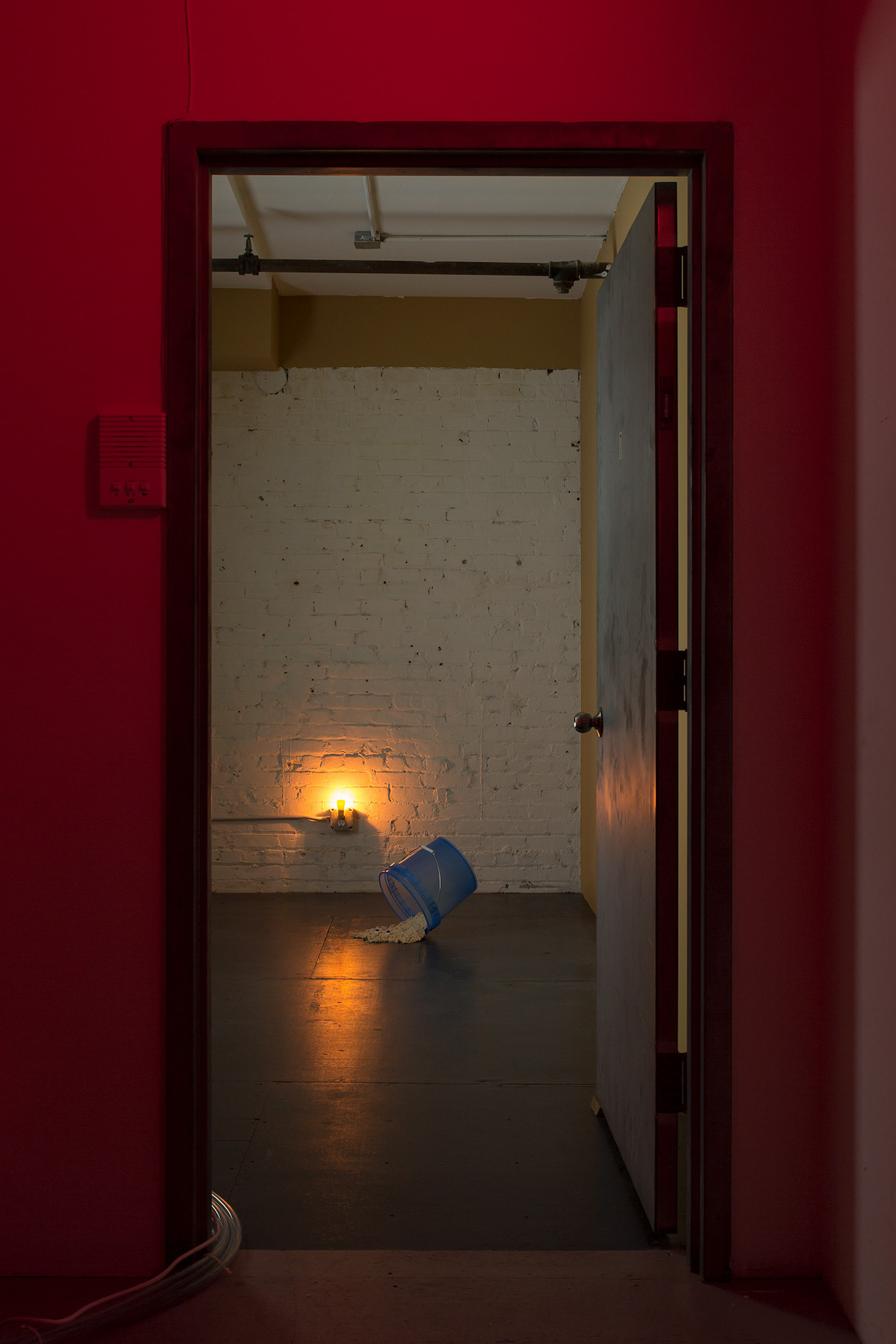
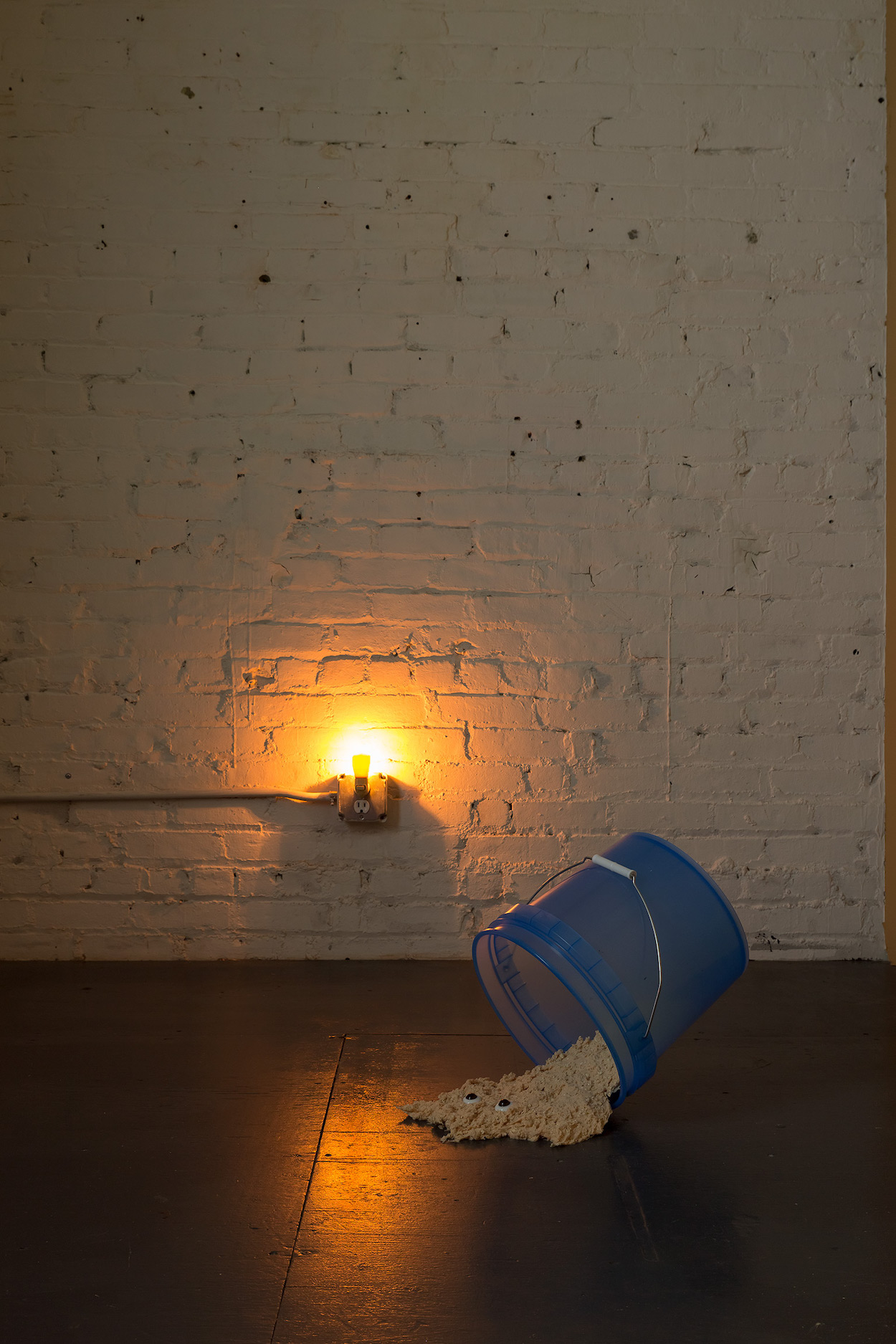
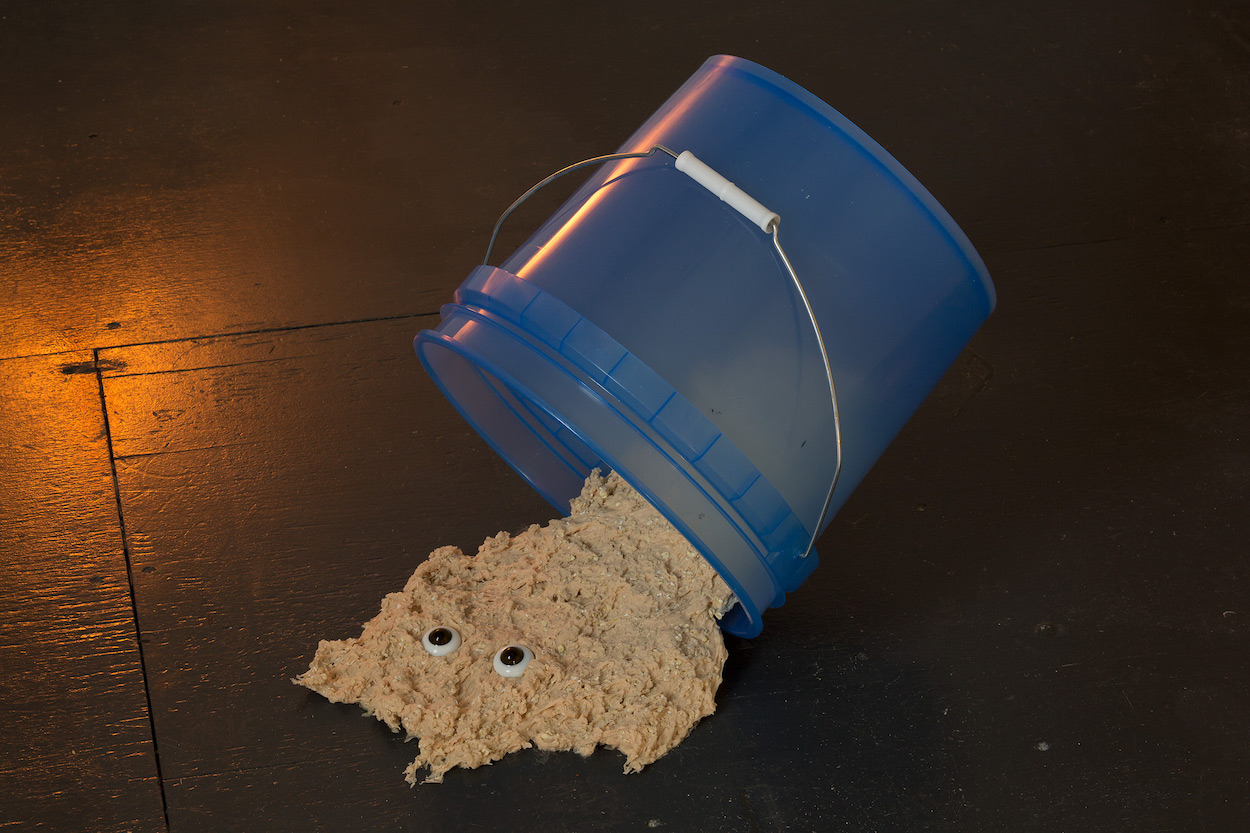
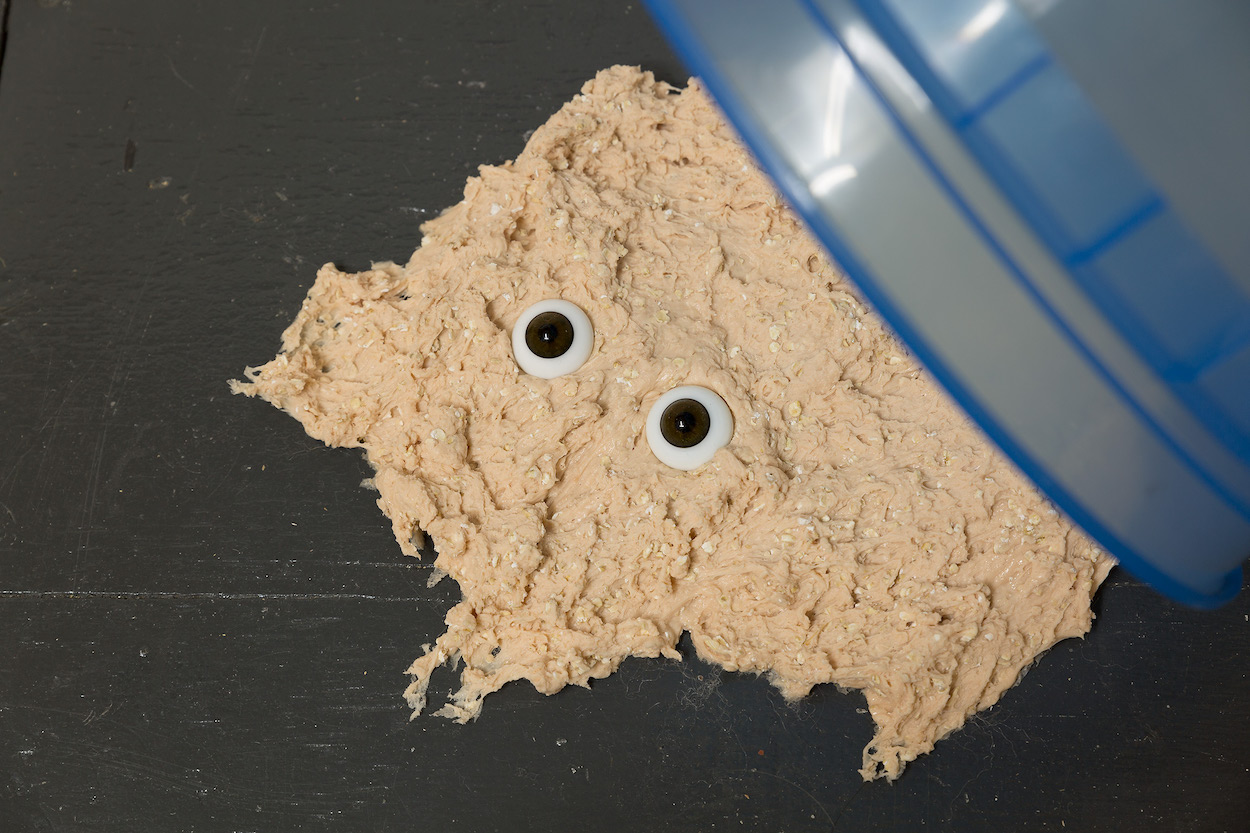
![Theriomorphic Variation 04 (disappear) , Behr Peanut Butter [270F-4] paint, nightlights, dimension variable](https://images.squarespace-cdn.com/content/v1/5b4534ab4611a0a50965751b/1564508645540-9PQC0JGS4S2E75Q9XT4Y/BeaOrlandi_KingsLeap05.jpg)
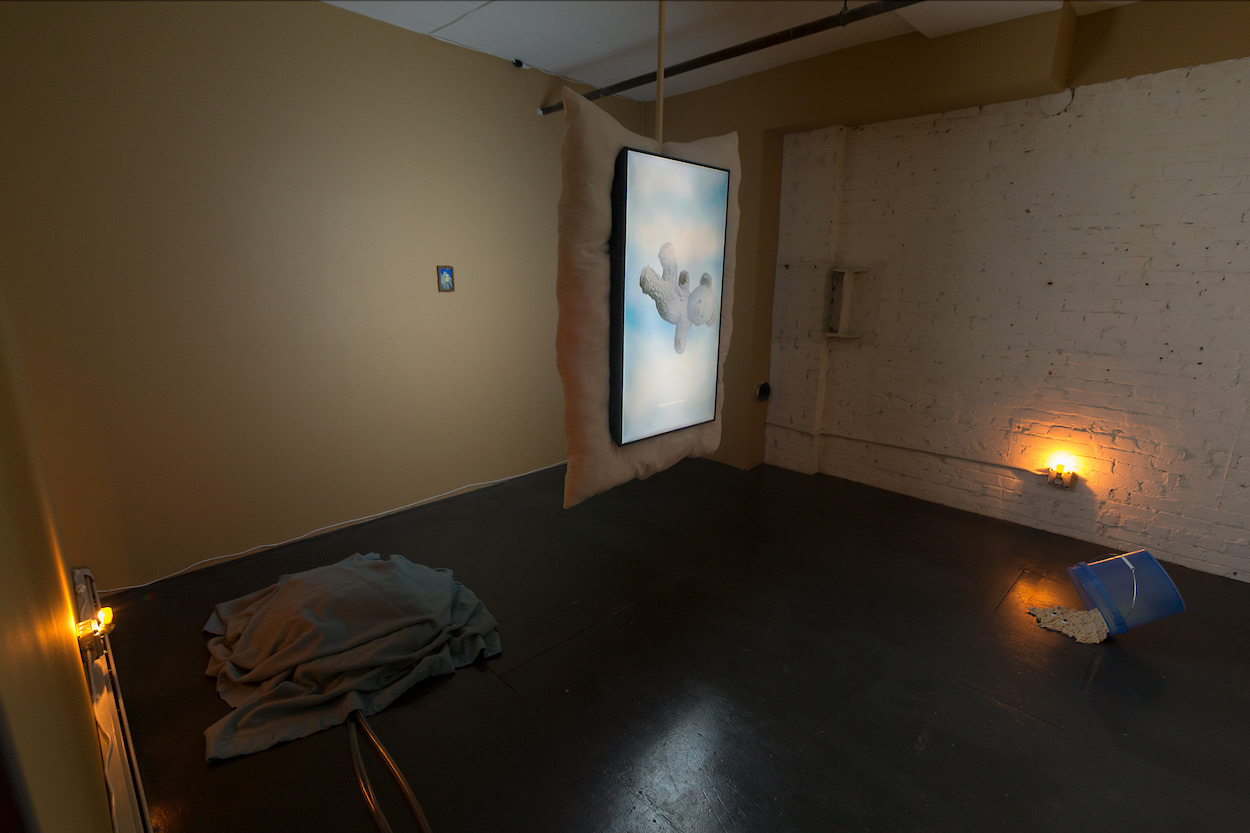
![The Ruling of the World [frontal view], 2 channel video, flannel pillow, metal support, 84 x 36 x 12 inches [dimensions variable], 5 min. loop](https://images.squarespace-cdn.com/content/v1/5b4534ab4611a0a50965751b/1564508646498-HJWX3S4JDAE6ZQ24TYDK/BeaOrlandi_KingsLeap07.jpg)
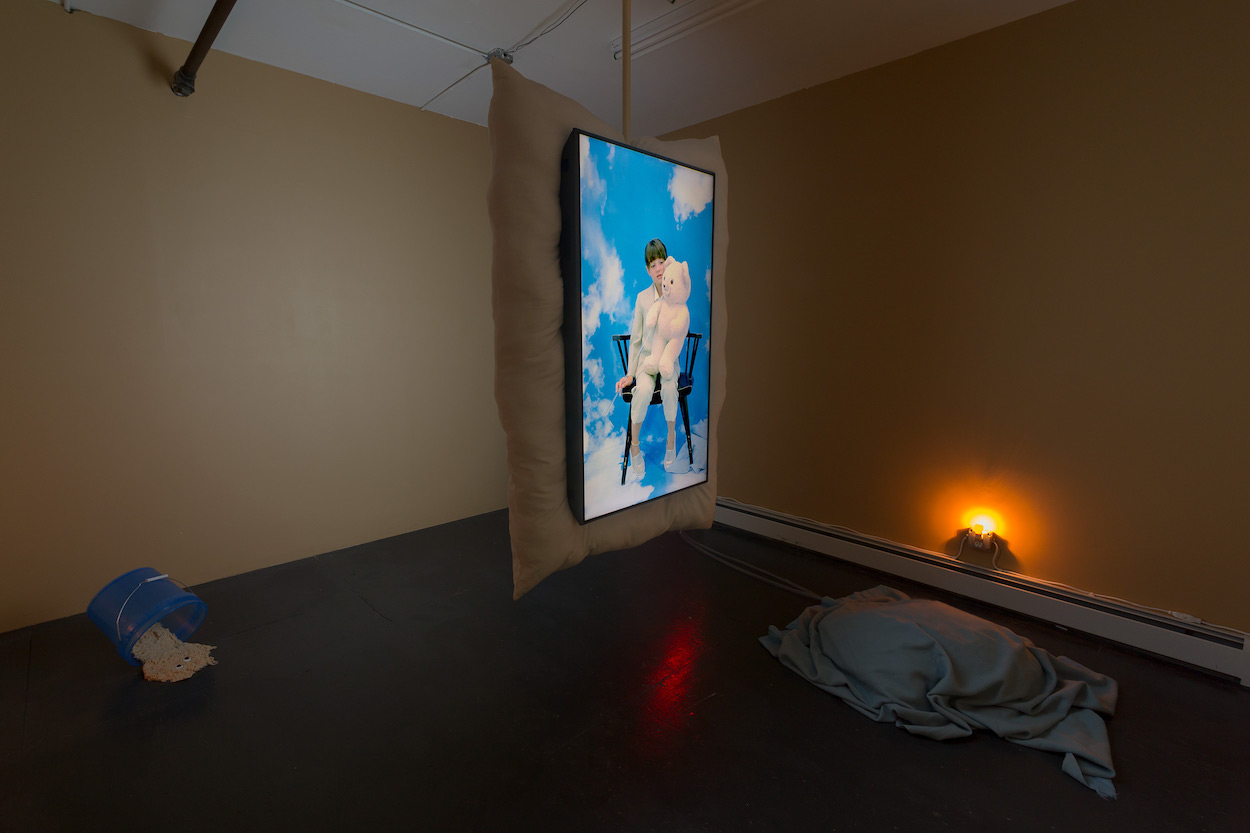
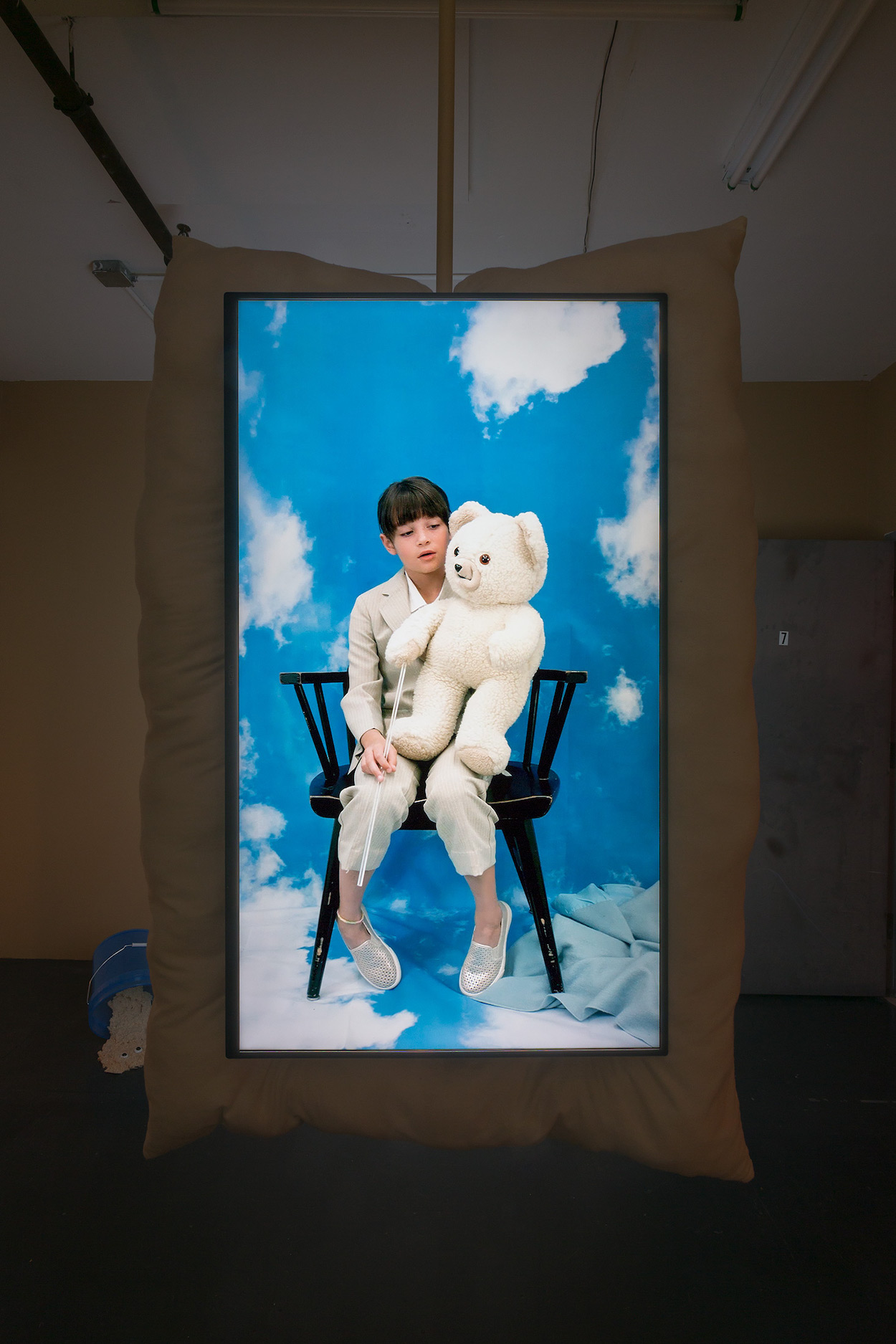
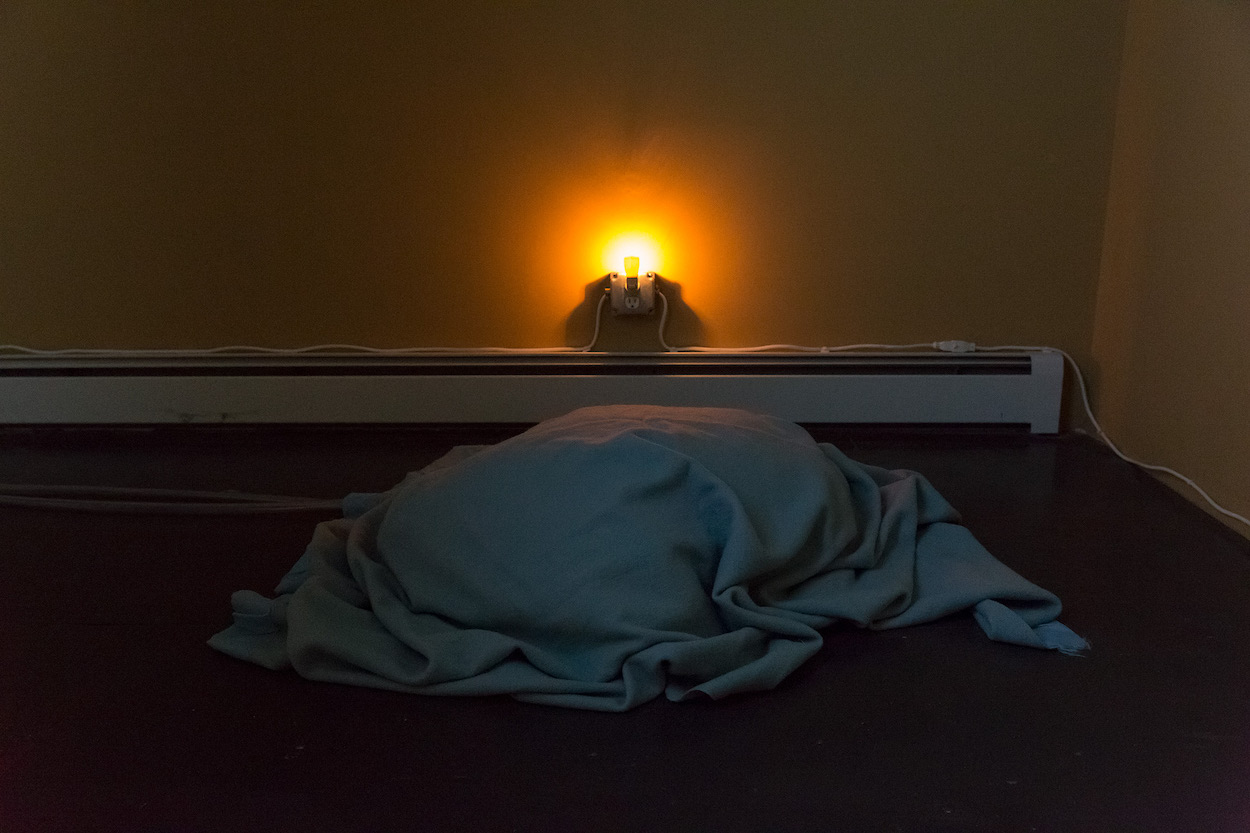
![Theriomorphic Variation 04 (disappear) , Behr Peanut Butter [270F-4] paint, nightlights, dimension variable](https://images.squarespace-cdn.com/content/v1/5b4534ab4611a0a50965751b/1564508648024-0QGE7N7V7C7TQEUI4KS0/BeaOrlandi_KingsLeap11.jpg)
